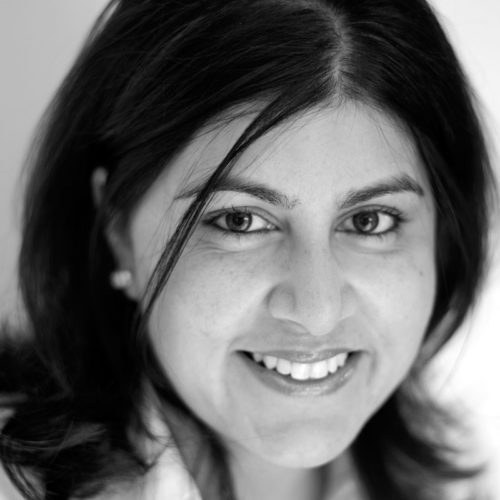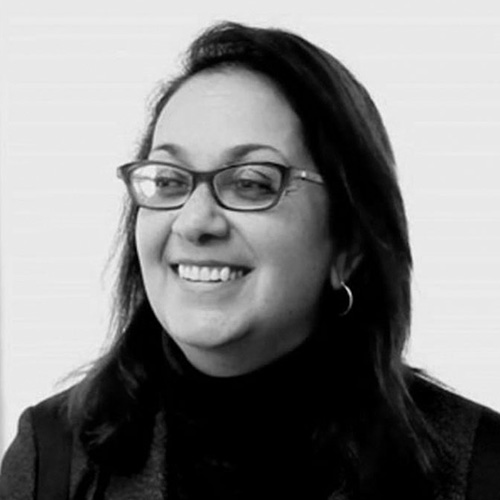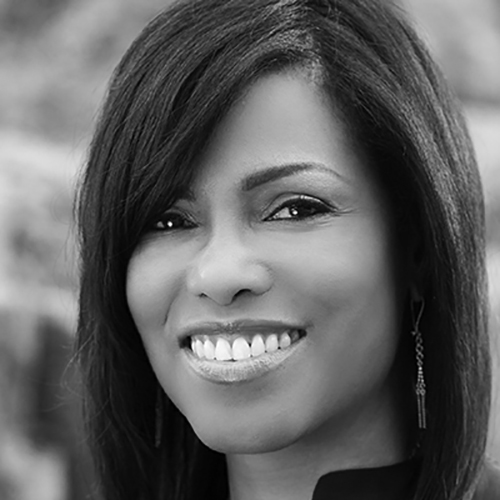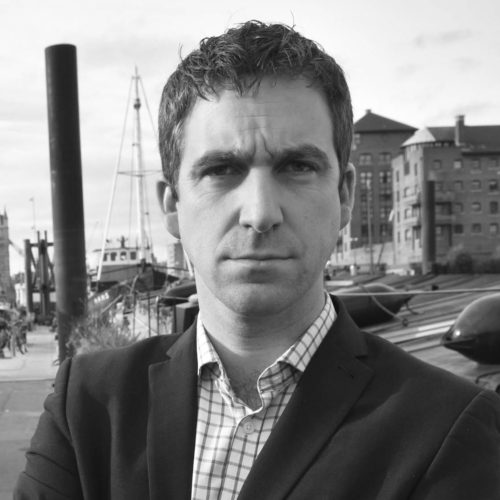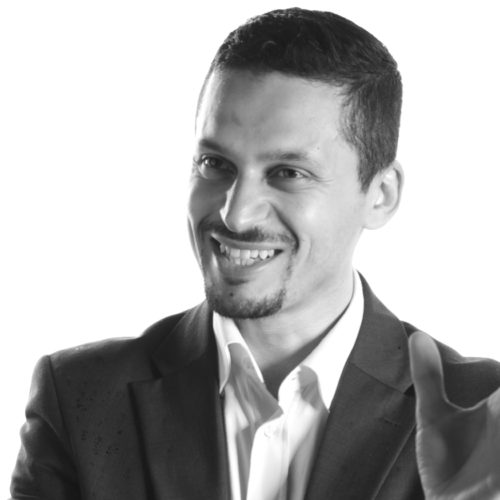This session discussed the current upsurge of Xenophobia and Islamophobia in Europe and North America. Both problematic discourses operate at various levels of intensity, from? outright anti-Muslim and anti-immigrant political campaigns to depict any disadvantaged or marginalized segment of society – including women, as the “Other” through film, media or numerous educational platforms. The potency of this session was that it incisively investigated the diverse factors contributing to the escalating pervasiveness of Islamophobia and the far-right populist discourse that targets a wide spectrum of minorities. In conclusion, this session put forward concrete measures – including political activism and grass-roots activism that would reduce anti-Muslim hysteria, anti-immigrant bullying and numerous other manifestations of Islamophobic or Xenophobic narratives.
To begin, the esteemed panelists shared their personal experiences and observations in regards to both the upsurge of Islamophobic and xenophobic narratives in their respective contexts. Brendan Cox, the Co-founder of More in Common, suggested that ‘discourses of hate,’ demonization and, eventually, criminalization must be address at various levels of sophistication, including the development of proper institutions, a robust, independent judiciary and honest journalism, all that which works together to respect and protect the rights of minorities and disadvantaged sections of society. Ilyasah Shabazz, the daughter of Malcom X, observed that the institutional and structural violence that plagues the African American community during her father’s time has hardly changed. Nevertheless, she retains a realistic optimism about the fact that the requisite needs to continue to work for the empowerment of women, men and all disadvantaged people through grass-root level activism. Fareed Hafez, Lecturer at the University of Salzburg and an expert on Islamophobia, argued that the current escalation of Islamophobia is a continuation of structural and institutional racism which Europe has been unable to effectively reconcile with since colonial times. Thereafter, Maha Azzam, the head of the Egyptian Revolutionary Council, elaborated on the manner that economic and cultural insecurities are creating anxiety and fear of minorities and immigrants in Europe. And, lastly, Sayeeda Warsi, a former Minister of State, and Member of House of Lords, observed that the revitalization of mistaken notions that Europe, only, has a Judeo-Christian identity is causing to cast suspicious and exclusion of all other religious and ethnic communities living there. That exclusivist anti-pluralistic celebration of a mythical, non-existent Europe aims to emotionally deal with a loss of economic, cultural and political power.
To conclude, the rise of Islamophobia and xenophobia was deconstructed in a sophisticated way to reveal its impact and numerous levels, across all spectrums of society. Firstly, the session explored the socio-political, cultural and economic contexts that facilitated the rise of far-right in Europe. Then, the speakers elaborated on the numerous ways politicians are “capitalizing on fear” and using “scapegoat” narratives to rationalize anti-Islam and anti-immigrant rhetoric. Secondly, the session discussed how various grass-root level activism has and can continue to effectively tackle fear and hate between communities. Thirdly, the challenges of stereotypical representations of Islam and Muslims in the public sphere and the critical role Media must play to properly represent not just Muslims, but women, African Americans, Latin Americans or Asians was discussed.The session then emphasized the fact that, as a global community, we are all in this together, hence, common, inclusivity and embracing platforms must be put forward to confront all forms of bigotry, whether those aberrations exist in the Europe, the Middle East, North America or Asia.
